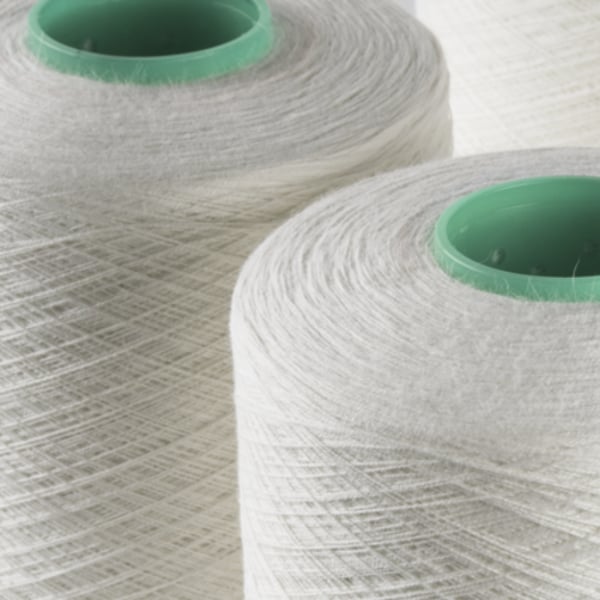As we progress towards more sustainable practices within the fashion industry, the importance of recycled polyester cannot be overstated. This innovative material, derived from plastic waste, plays a crucial role in reducing landfill contributions and conserving precious resources. Remarkably, recycling just one kilogram of plastic can save up to 59% of the energy needed to produce the same amount from virgin materials. With this context in mind, it’s clear that the shift to recycled polyester not only addresses environmental concerns but also aligns with consumer demands for eco-friendly products. Leading companies, like Bestseller, are now investing heavily in breakthrough technologies that enhance the scalability and recycling processes of polyester, aiming to redefine their supply chains.
Understanding the Impact of Recycled Polyester
In the quest for sustainable development, recycled polyester stands out due to its ability to curb environmental degradation. The production of plastic materials is known to consume vast amounts of energy and natural resources. However, by leveraging recycled polyester, brands can significantly reduce their carbon footprint. For instance, using recycled polyester conserves 30% more resources and emits considerably less carbon dioxide than its virgin counterpart. Furthermore, the recycling process also keeps harmful plastics out of oceans and landfills where they can cause detrimental effects on wildlife. To delve deeper into the environmental benefits of recycled polyester, refer to the insightful analysis on the pros and cons of this material.
Technological Innovations in Recycled Polyester Manufacturing
The future of recycled polyester is being driven by technological advances that transform the way we utilize plastic waste. Companies like Bestseller are forging partnerships with innovative startups to enhance the scalability of recycled polyester production. For instance, Matterr has unveiled a new technology that streamlines the recycling process, promising to increase efficiency and lower costs. This new method not only aids in higher volume production but also addresses quality concerns that have historically plagued recycled materials. Such innovations ensure that recycled polyester can compete with traditional fabrics, paving the way for broader consumer acceptance and adoption. More details can be found in the latest article on Patagonia’s commitment to sustainability.
📊 Key Information on Recycled Polyester
- Industry Impact: Potential to revolutionize fabric sourcing.
- Consumer Acceptance: Increasing demand for eco-friendly options.
Challenges and Limitations in Recycled Polyester Production
Despite the growing popularity of recycled polyester, challenges remain. One significant issue is the quality of recycled feedstock, which can vary greatly and impact the final product’s durability. Additionally, the process of collecting and sorting plastic waste is often inefficient, leading to lost potential resources. To combat these issues, companies are investing in better sorting technologies that can enhance material quality for recycling. Addressing these challenges will be crucial as the demand for sustainable fabrics continues to rise. For further insights into potential hurdles, check out this analysis of the challenges faced in sustainable fabric production.
Key Takeaways and Final Thoughts
As the fashion industry evolves, the integration of recycled polyester represents a vital step towards sustainability. Companies are realizing that not only does this material offer environmental benefits, but it also caters to a growing market of eco-conscious consumers. By utilizing advanced technologies and addressing production challenges, the industry can significantly reduce its ecological footprint. The journey towards a sustainable future is well underway, and for further reading on this subject, you can explore debates surrounding recycled polyester’s efficacy.
❓ Frequently Asked Questions
What is recycled polyester made from?
Recycled polyester is primarily made from plastic waste, such as PET bottles and containers, which are melted down and reprocessed into new fibers. This process significantly reduces environmental impact and conserves resources.
Is recycled polyester environmentally friendly?
Yes, recycled polyester offers many environmental benefits, including reduced energy consumption and lower greenhouse gas emissions compared to virgin polyester. It’s a step towards more sustainable textile production.
To deepen this topic, check our detailed analyses on Fashion & Style section







